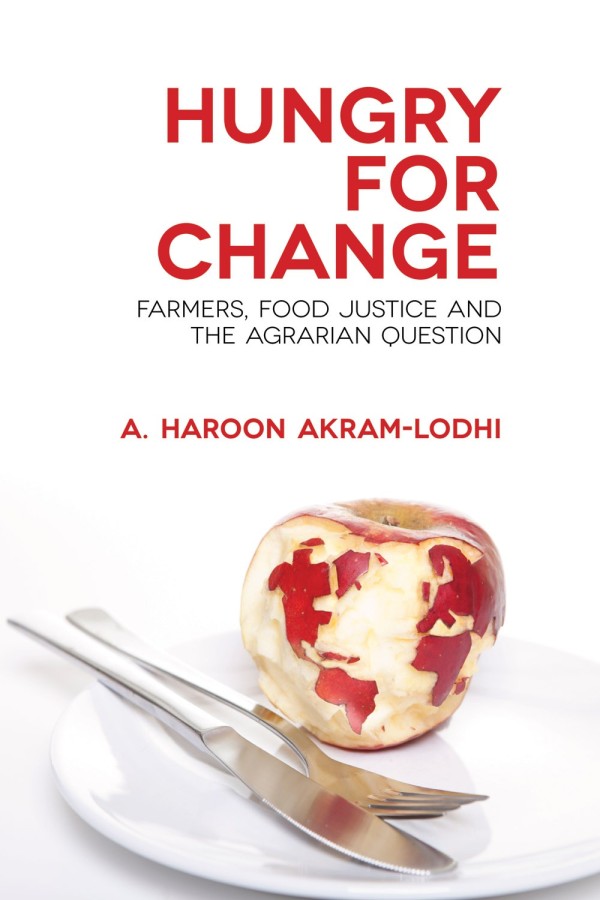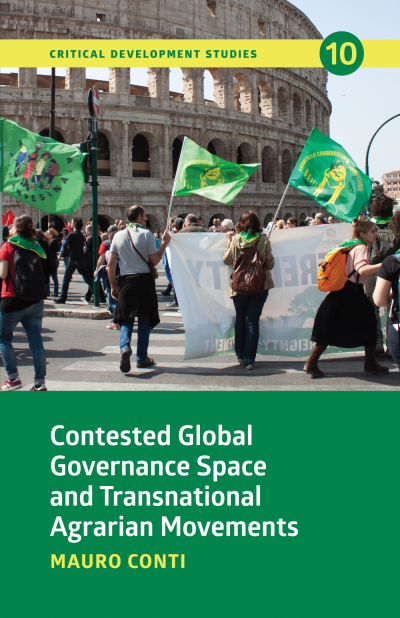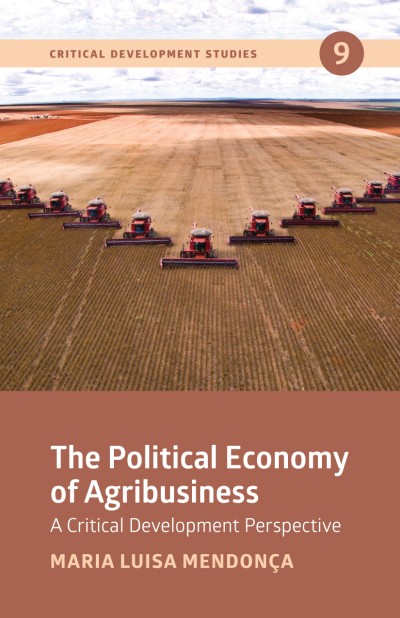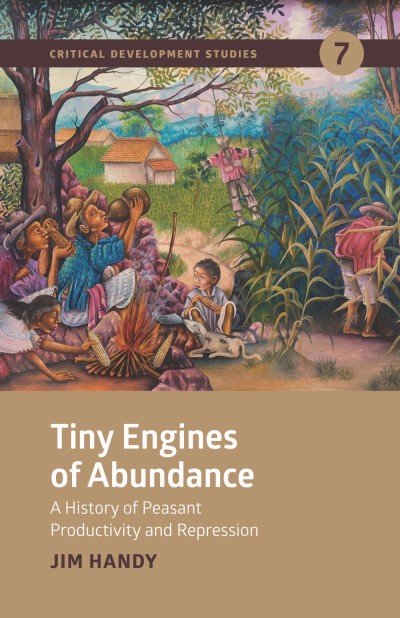
Hungry for Change
Farmers, Food Justice and the Agrarian Question
“A must-read for anyone who cares about understanding food and the planet today.” – Raj Patel
About the book
Hunger and obesity sit side by side in the world today because a food system dominated by money, markets and profits allows those with money to obtain above and beyond their needs while those without cannot get the fundamentals of life. The result is a growing polarization of global agriculture, between a small number of haves and an ever-increasing number of have-nots. In Hungry for Change, Haroon Akram-Lodhi explains how capitalism was introduced into farming and how it transformed the terms and conditions by which farmers produce food. Written in accessible language and incorporating accounts from farmers and agricultural workers, this book explains how the creation, structure and operation of the capitalist world food system is marginalizing family farmers, small-scale peasant farmers and landless rural workers as it entrenches us all in a global subsistence crisis. Building upon the idea of food sovereignty, Akram-Lodhi develops a set of additional solutions to resolve the current crisis of the world food system”
What people are saying
Raj PatelA must-read for anyone who cares about understanding food and the planet today.
Jim Stanford, economist, Canadian Auto WorkersThis readable, inspiring book is a wonderful introduction to what will surely be one of the defining social struggles of our times: the struggle over food.
Cristóbal Kay, International Institute of Social Studies, The Hague; soas, University of London and flacso Ecuador, QuitoIf you want to understand how the contemporary global food crisis came about or how an alternative, more just, egalitarian and ecological agrarian system can be developed, then this is the book for you. The book reveals a profound understanding of the workings of the global food system and makes you hungry for change. Read it!”
Contents
- The Argument
- “Food, glorious food!”: Dimensions of the Global Subsistence Crisis
- The Thin and the Fat: Food Entitlements in the Twenty-first Century
- Qing Youzi Understands Capitalism: Money, Markets and the Agrarian Question
- Why Pervaiz Qazi Went Hungry: Capitalism and the Origins of a Global Food Regime
- “Tierra y Libertad”: Peasant Resistence and the Quest for Land Reform
- The Father, the Son and the Holy Ghost Make Unlikely Revolutionaries: Peasants and the Green Revolution
- A Few Grains of Rice: The Farm Problem and the Creation of Food Import Dependence
- Adi Serevi Buys Some Fish: Supermarkets, Peasants and the Contraditions of the Contemporary Food Regime
- “Red in Tooth and Claw”: Capitalist Agriculture Versus Food Sovereignty
- What Is to be Done?: Solving the Global Subsistence Crisis
- Endnotes
- References
- Index


_cover-FINAL_400_618_90_s.jpg)








